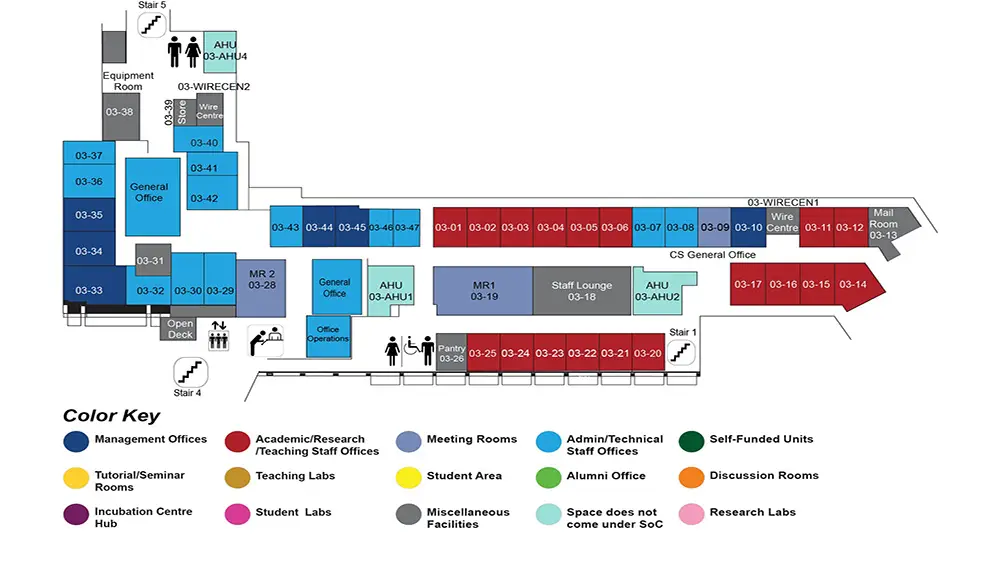Continuous Non-Malleable Codes and Non-Malleable Secret Sharing
COM1 Level 3
MR1, COM1-03-19

Abstract :
Non-malleable code provides a useful message integrity guarantee in situations where traditional error-correction (and even error-detection) is impossible; for example, when the attacker can completely overwrite the encoded message. Non-malleable code has emerged as a fundamental object at the intersection of coding theory and cryptography. In particular, progress in the study of non-malleable codes and the related notion of non-malleable extractors has led to new insights and progress on even more fundamental problems like the construction of multi-source randomness extractors.
A large body of the recent works has focused on various constructions of non-malleable codes in the split-state model. Many variants of non-malleable codes have been introduced in the literature. The most general, and hence also the most useful notion among these is that of continuous non-malleable codes, that allows for continuous tampering by the adversary.
We present the first efficient information-theoretically secure continuously non-malleable code in the constant split-state model, where there is a self-destruct mechanism which ensures that the adversary loses access to tampering after the first failed decoding.
We also present a compiler that takes secret sharing schemes for an arbitrary access structures as input and produce non-malleable secret sharing schemes for the same access structure. A non-malleable secret sharing scheme guarantees that a secret that is reconstructed from a set of tampered shares is either equal to the original secret or completely unrelated. To the best of our knowledge we present the first generic compiler for leakage-resilient secret sharing for general access structures.
In addition, we show that a similar construction can also be used to obtain a leakage-resilient secret sharing scheme. A leakage-resilient secret sharing scheme hides the secret from an adversary, who has access to an unqualified set of shares, even if the adversary additionally obtains some size-bounded leakage from all other secret shares.
In the case of non-malleable secret sharing, we strengthen previous definitions, provide separations between them, and construct a non-malleable secret sharing scheme for general access structures that fulfills the strongest definition with respect to independent share tampering functions. More precisely, our scheme is secure against concurrent tampering: The adversary is allowed to tamper the shares multiple times, and in each tampering attempt can freely choose the qualified set of shares to be used by the reconstruction algorithm to reconstruct the tampered secret. This is a strong analogue of the multiple-tampering setting for split-state non-malleable codes and extractors.
We show how to use leakage-resilient and non-malleable secret sharing schemes to construct leakage-resilient and non-malleable threshold signatures. Classical threshold signatures allow to distribute the secret key of a signature scheme among a set of parties, such that certain qualified subsets can sign messages. We construct threshold signature schemes that remain secure even if an adversary leaks from or tampers with all secret shares.

